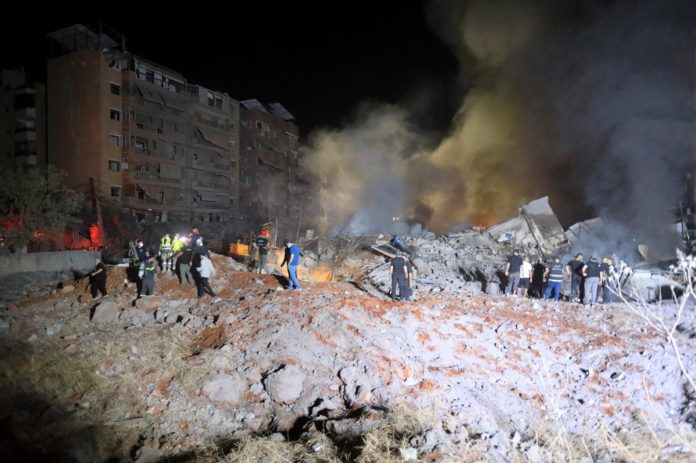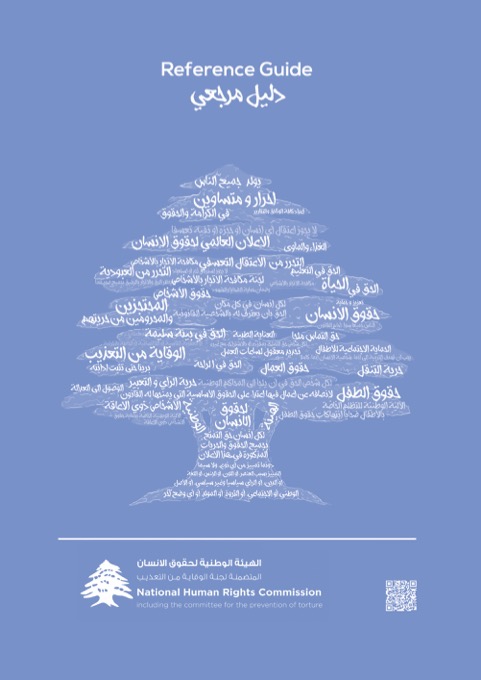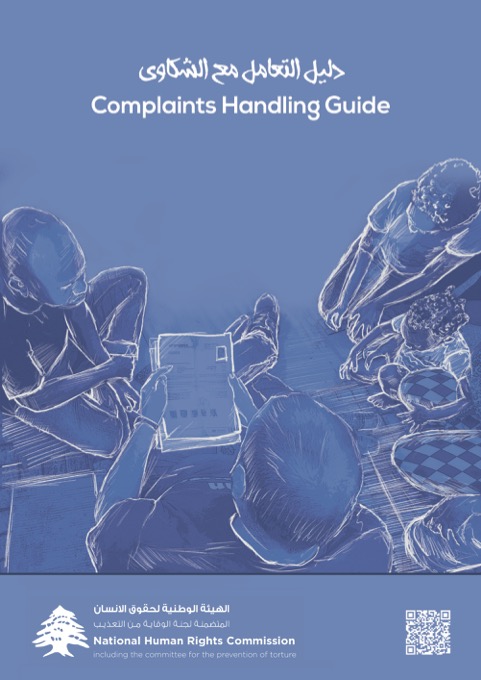هذه المقالة متاحة أيضًا بـ: العربية (Arabic)
The National Human Rights Commission, including the Committee for the Prevention of Torture (NHRC-CPT), calls for urgent measures to hold Israel accountable for the grave violations of international humanitarian law committed during its brutal aggression against Lebanon. This appeal is based on an analysis issued by the Badil – The Alternative Policy Institute (API) which confirmed strong evidence of war crimes and systematic violations of international law.
Badil consulted six experts in international law for their assessment of Israel’s violations related to seven key issues: Lack of proportionality, absence of distinction, ineffective warnings, the use of white phosphorous, targeting peacekeepers, the pager and walkie-talkie attack in September, and sonic booms that terrorise the population. The experts interviewed are affiliated with the ICC, Diakonia International Humanitarian Law Center, Human Rights Watch (HRW), the Edinburgh Law School, and the American University of Beirut.
Documented Violations of International Humanitarian Law
According to the analysis, Israel’s military operations, which began in mid-September 2024, demonstrated a clear pattern of violating the principles of proportionality and distinction between civilians and combatants. For instance, the bombing of a residential building in Sidon resulted in the death of 45 civilians, even though the alleged target was an inactive member of Hezbollah. These attacks, which caused thousands of civilian casualties, raise serious concerns about compliance with the rules of international humanitarian law.
The use of white phosphorus in southern Lebanon, documented by Human Rights Watch and Amnesty International, adds to the list of violations. This incendiary weapon caused widespread displacement and agricultural contamination, significantly impacting civilians’ livelihoods. Experts affirm that using such materials in populated areas constitutes a blatant violation of international law.
Deliberate Targeting of Civilians and Peacekeeping Forces
Reports documented the intentional targeting of medics and journalists, including the bombing of a guesthouse used for covering the conflict, which killed three journalists despite their clear press identification. Additionally, positions of the United Nations Interim Force in Lebanon (UNIFIL) were attacked over 30 times, including bombardments and the suspected use of chemical agents, constituting severe breaches of international law and UN Security Council resolutions.
Indiscriminate Attacks: Pagers and Sonic Booms
In a horrifying incident, Israel detonated thousands of pagers and radios, killing and injuring dozens of civilians. These attacks, indiscriminate by nature, clearly violate the principle of distinction between civilians and combatants. Moreover, repeated sonic booms over civilian areas had a devastating psychological impact on the population, serving no legitimate military objective.
Call for Urgent Action
Despite clear evidence of these violations, the path to justice remains fraught with obstacles. Lebanon’s non-ratification of the Rome Statute impedes recourse to the International Criminal Court (ICC), while the failure to grant the court temporary jurisdiction further entrenches impunity.
Recommendations by the National Human Rights Commission
1. Referring Crimes to International Forums
- Pressuring the UN General Assembly to establish an international investigative mechanism.
- Submitting evidence to countries exercising universal jurisdiction to prosecute those involved in the crimes.
2. Documentation and Advocacy
- Establishing a comprehensive database of violations.
- Collaborating with international organizations to document crimes and gather evidence.
3. Strengthening Political Will
- Urging the Lebanese government to take concrete steps, such as granting the ICC jurisdiction to investigate.
For further details, please click on this link.
Beyond a Reasonable Doubt: Lebanon’s War Crimes Case Against Israel – Badil


